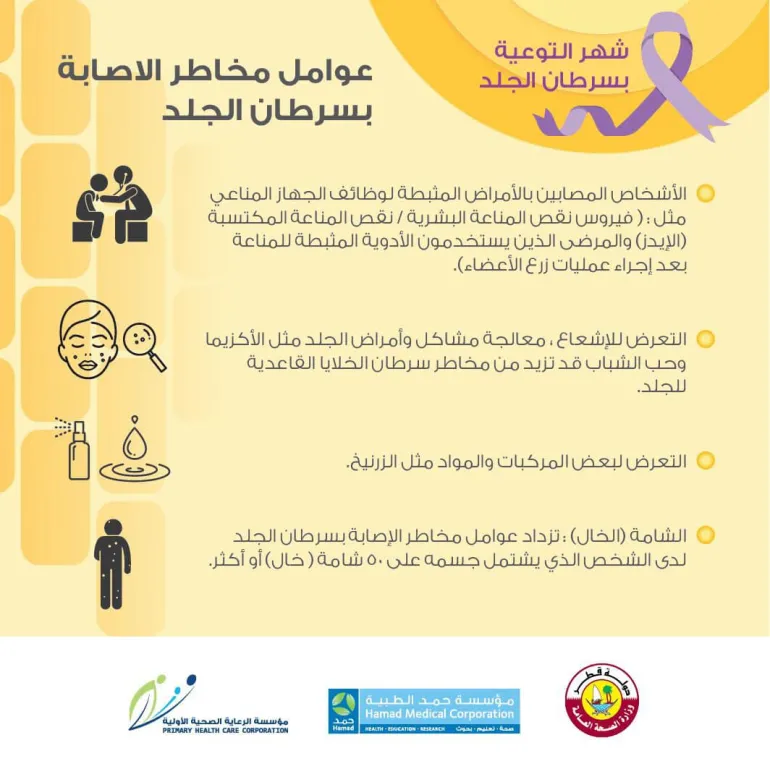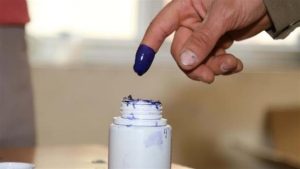Artificial intelligence (AI) and its applications represent a revolutionary step in helping doctors and patients with early detection of skin cancer, sometimes surpassing traditional diagnostic methods in accuracy.
Experts in skin cancer detection are exploring the role of AI models in diagnosing skin cancer, according to a report by The Washington Post. AI helps improve diagnostic accuracy and assists doctors in making better treatment decisions.
This technology could be especially beneficial for people who cannot afford frequent visits to a dermatologist or those living in rural areas with limited access to medical screenings.
In a 2017 study published in Nature magazine, an AI model outperformed 21 dermatologists in diagnosing skin cancer using more than 129,000 images.
Advancements in Skin Cancer Detection Using AI
Healthcare providers use small AI-powered devices to examine moles or skin lesions, aiding them in assessing the most common types of skin cancer, such as melanoma and basal cell carcinoma. This helps reduce the need for unnecessary biopsies and referrals.
These devices enable non-specialist doctors to perform skin checks during routine visits, making early detection faster and easier.
Some medical centers use 3D scanning devices to monitor patients at high risk for skin cancer. However, there is still concern about the accuracy of these technologies, particularly regarding whether they have been sufficiently tested on different skin types and tones.
New technologies lack the doctor’s insight who would typically examine the patient, ask questions about the lesions appearing on their body, and perform a physical examination. Veronica Rotemberg, a dermatologist at Memorial Sloan Kettering Cancer Center in New York, emphasized that “medicine is not just about looking at a picture.”
Doctors warn against relying on certain apps for skin cancer diagnosis, as many of these tools have not undergone the required regulatory tests and lack sufficient data to support their claims. Medical professionals also caution against using tools like ChatGPT for analyzing skin spots, as these models have not proven effective in accurate diagnosis.




















